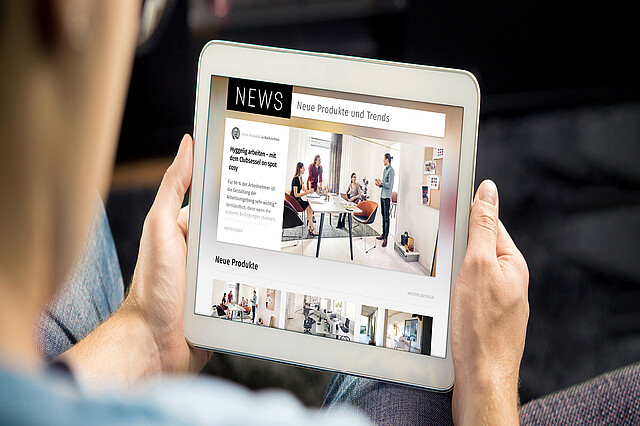Harmony in working life
In the rapidly evolving world of the modern workplace, there has been a significant shift towards environments that support and promote a healthy work-life balance. This change is not only beneficial for employees, but also helps to create a more productive and satisfied workforce. A key aspect of this transformation is the increased ease with which individuals can balance family and work commitments.

Flexible working models
A key factor in improving work-life balance is the widespread adoption of flexible working models. Many organisations now recognise that a rigid 9-5 schedule may not be conducive to productivity or employee satisfaction. Options such as remote work, flexible work schedules and compressed work weeks allow individuals to better adjust their schedules to accommodate family obligations such as schoolwork, medical appointments or other personal commitments.
Advances in technology
The introduction of advanced communication and collaboration technologies has played a critical role in reshaping the work landscape. Cloud-based platforms, video conferencing tools and project management software allow employees to work from anywhere and break down traditional barriers associated with a fixed physical location. This flexibility not only enables a better work-life balance, but also promotes a more inclusive and diverse workforce.

Parental leave and support programs
Modern organisations are increasingly recognising the importance of supporting employees during significant life events, such as the birth or adoption of a child. Many companies now offer extended parental leave, flexible reintegration programs and in-house childcare facilities. These initiatives take into account the needs of working parents and aim to create an environment in which individuals can thrive both personally and professionally.
Emphasis on wellbeing and mental health
Employers are placing a greater focus on the overall wellbeing and mental health of their employees. The realisation that a happy and healthy workforce is more productive is leading to the implementation of wellness programs, mental health resources and stress reduction initiatives. This focus on employee wellbeing contributes to a supportive atmosphere for individuals managing the demands of work and family life.

Cultural shift towards work-life integration
Modern workplaces are experiencing a cultural shift towards work/life integration rather than strict separation. The stigma of fulfilling family obligations during work hours is decreasing, and organisations are realising that employees who feel supported in their personal lives are more likely to be engaged and committed in their professional roles.
In summary, the development of modern working environments has brought about positive changes that make it easier for individuals to balance family and work commitments. The combination of flexible working models, technological advancements, support programmes and a cultural shift towards work-life integration is creating an environment where employees can thrive both personally and professionally. As organisations continue to prioritise these aspects, the future of work looks increasingly promising for those seeking harmony between family and career.
social media channels:


